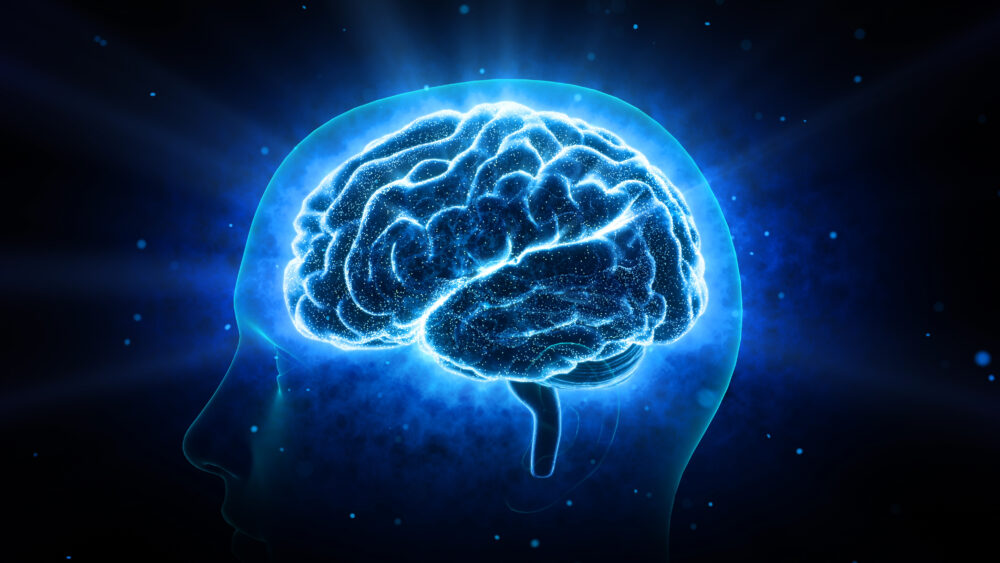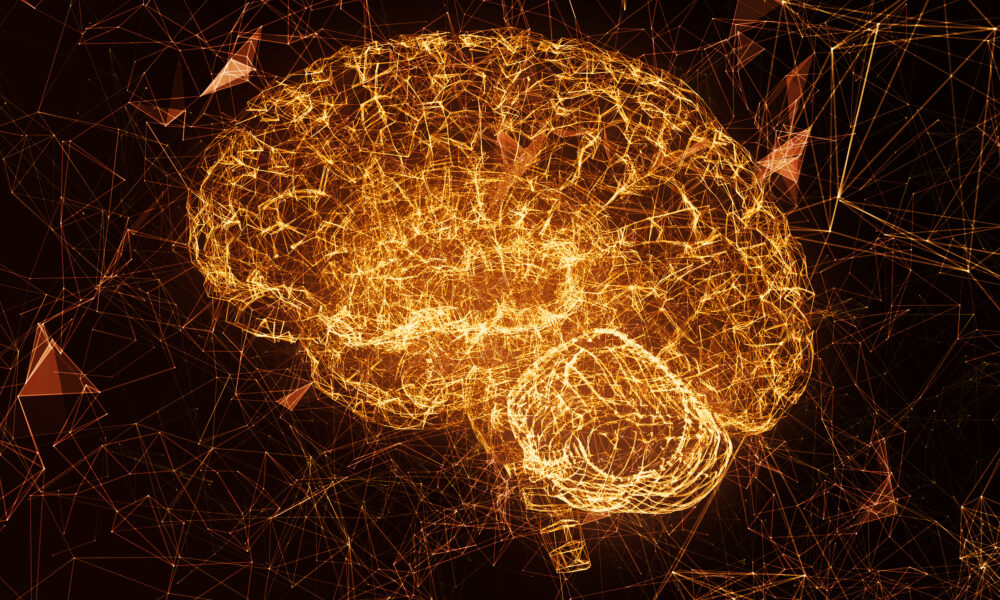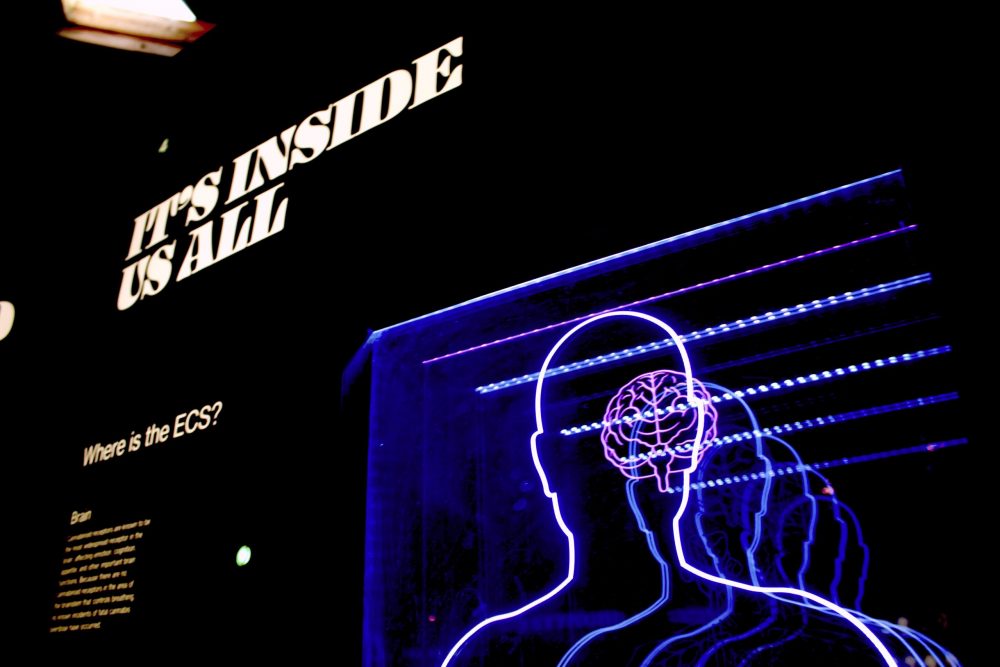


The Immortal Mind: How Neuroscience Points Beyond Materialism

Challenging Darwinian Evolution: A Medical Doctor’s Insights

Into the Mystic with a Neurosurgeon and a Neurotheologian
Today’s ID the Future continues the conversation between neurosurgeon Michael Egnor and neurotheologian Andrew Newberg. In this second and concluding part of their discussion, they further explore what experiments using brain scans reveal about how the brain is affected by meditation and mystical experiences, including near-death experiences. Also, what parts of the brain light up, and what parts go dormant, when someone is “speaking in tongues,” and how does someone who has this experience describe it, and does that description mesh with or clash with what turns up on the brain scans? Tune in to hear Newberg’s answer to this and other issues related to the mind-brain problem and the mystical. This interview is posted here by permission of Mind Read More ›

The Mind/Brain Problem and the Power of Meditative Prayer
It’s hard to know where the brain ends and the mind begins. How can studying our brains give us insight into our minds? On this ID the Future, neuroscientist Andrew Newberg and neurosurgeon Michael Egnor sit down for a chat about all things brain related including neurotheology, methods of studying the brain, and research on how various forms of religious and non-religious meditation actually change the wiring of the brain, including in particular a study Newberg did on Franciscan nuns and what they refer to as “centering prayer.” This interview is borrowed, with permission, from Mind Matters, a podcast of the Walter Bradley Center for Natural and Artificial Intelligence.

Can Evolution Create Mind? Can We?
On this episode of ID the Future, host Andrew McDiarmid and physician and Discovery Institute fellow Dr. Geoffrey Simmons concludes their three-part conversation about Simmons’ new book Are We Here to Recreate Ourselves? The Convergence of Designs. Our own arrival is impossible to explain through evolution, he says, in view of the incredible complexity of our neurological system, and all that had to develop simultaneously with it. Read More ›

J. P. Moreland on Mental Health and the Reality of the Soul
On this episode of ID the Future, philosopher and Biola University Distinguished Philosopher J.P. Moreland talks with Michael Keas about the intelligent design implications of his new book Finding Quiet: My Story of Overcoming Anxiety and the Practices that Brought Peace.
Read More ›
Michael Egnor on What the Craniopagus Twins Tells Us about Mind and Brain
On this episode of ID The Future, neurosurgery professor Michael Egnor explores the case of Tatiana and Krista, the “Craniopagus Twins.” Their condition, he says, provides evidence against strict materialism. Tatiana and Krista are connected at the thalamus (which controls such things as wakefulness, motor function and vision) through a structure called a thalamic bridge. This bridge enables them to see through each other’s eyes to and control each other’s limbs. Egnor explains how their separate personalities and thoughts nevertheless show that there is something about the mind not reducible to the brain. Egnor also goes through the mind-brain research of Roger Sperry, Benjamin Libet and Wilder Penfield.
Read More ›
Michael Egnor: Experiments Show that Mind is More Than Brain
On this episode of ID The Future, host Ray Bohlin talks with Michael Egnor, a pediatric neurosurgeon and professor of neurosurgery at State University of New York Stony Brook about ways modern science validates the idea that the mind is not reducible to the brain. They delve into oddities of neuroscience that indicate that there is more going on in the brain than mere chemistry, and, in particular, walk through the seminal work of Adrian Owen on MRIs and what it reveals.
Read More ›